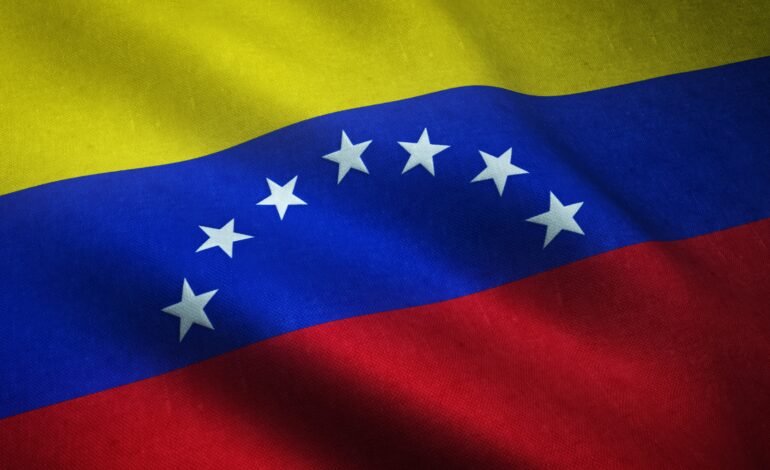TPS Venezuela: Supreme Court leaves 350,000 immigrants unprotected.
The Supreme Court has allowed TPS to be eliminated for 350,000 immigrants from Venezuela, leaving thousands in immigration limbo.

The Supreme Court of the United States has allowed the elimination of legal protections for 350,000 immigrants from Venezuela, potentially leaving them exposed to deportation. On Monday, the 19th, the Court lifted the suspension imposed by federal judge Edward Chen, which blocked an order from the Trump administration seeking to withdraw Temporary Protected Status (TPS) from these immigrants.
These Venezuelan immigrants were granted TPS in 2021, with the promise of maintaining these legal protections until 2026. The Supreme Court's decision opens the door for the Trump administration to accelerate the elimination of these protections, leaving thousands of immigrants in immigration limbo.
Venezuela and TPS.
The TPS system allows immigrants to live and work in the United States to seek refuge from dangerous conditions in their home countries. The previous administration, led by Joe Biden, granted TPS to Venezuelan immigrants fleeing the political, economic, and social crisis in Venezuela.
Since Nicolás Maduro's inauguration in 2013, more than seven million Venezuelans have left the country. Consequently, several Venezuelan immigrant communities have settled in different regions of South America, Central America, and the Caribbean. This large diaspora has intensified in the United States, where thousands of Venezuelans continue to seek legal avenues to remain in the country. TPS was one of these legal avenues.
The Trump administration ordered TPS protections for Venezuelan immigrants to be eliminated this April, a year and six months before the date Biden had promised. Consequently, California-based federal judge Edward Chen imposed a suspension on this order, saying that it “reeks of racism” and that it “distorts the image of Venezuelans, presenting them as criminals.”
Trump eliminates legal protections.
However, the Trump administration, through the Department of Justice, escalated the stay to the U.S. Supreme Court, arguing that Judge Chen's order "violates fundamental executive branch prerogatives and indefinitely delays sensitive decisions in an area of immigration policy."
The Supreme Court lifted Chen's suspension on Monday the 19th, in a near unanimous 8-1 decision. The Court did not share its reasoning, which is common in decisions responding to emergency applications. However, Ahilan Arulanantham, the legal representative for the TPS immigrants in this case, objected to the court's silence, saying:
“The fact that the Supreme Court authorized this action in a two-paragraph decision without any reasoning is simply astonishing. The humanitarian and economic impact of this decision will be felt immediately and will resonate for generations to come.”
Arulanantham shared with BBC (British Broadcasting Company) journalists which he considers this decision to be: “the largest single action in modern United States history that strips a group of non-citizens of their immigration status.”
It is important to note that notable figures such as Michelle Wu, the Mayor of Boston, have criticized the Court's decision to suspend TPS. Additionally, Wu co-leads a coalition of cities, representatives, and counties challenging President Trump's efforts to continue rolling back legal protections for immigrants.
For more stories like this, follow More Latin.
Sources:
https://www.bostonherald.com/2025/05/19/trump-venezuela-immigration/
